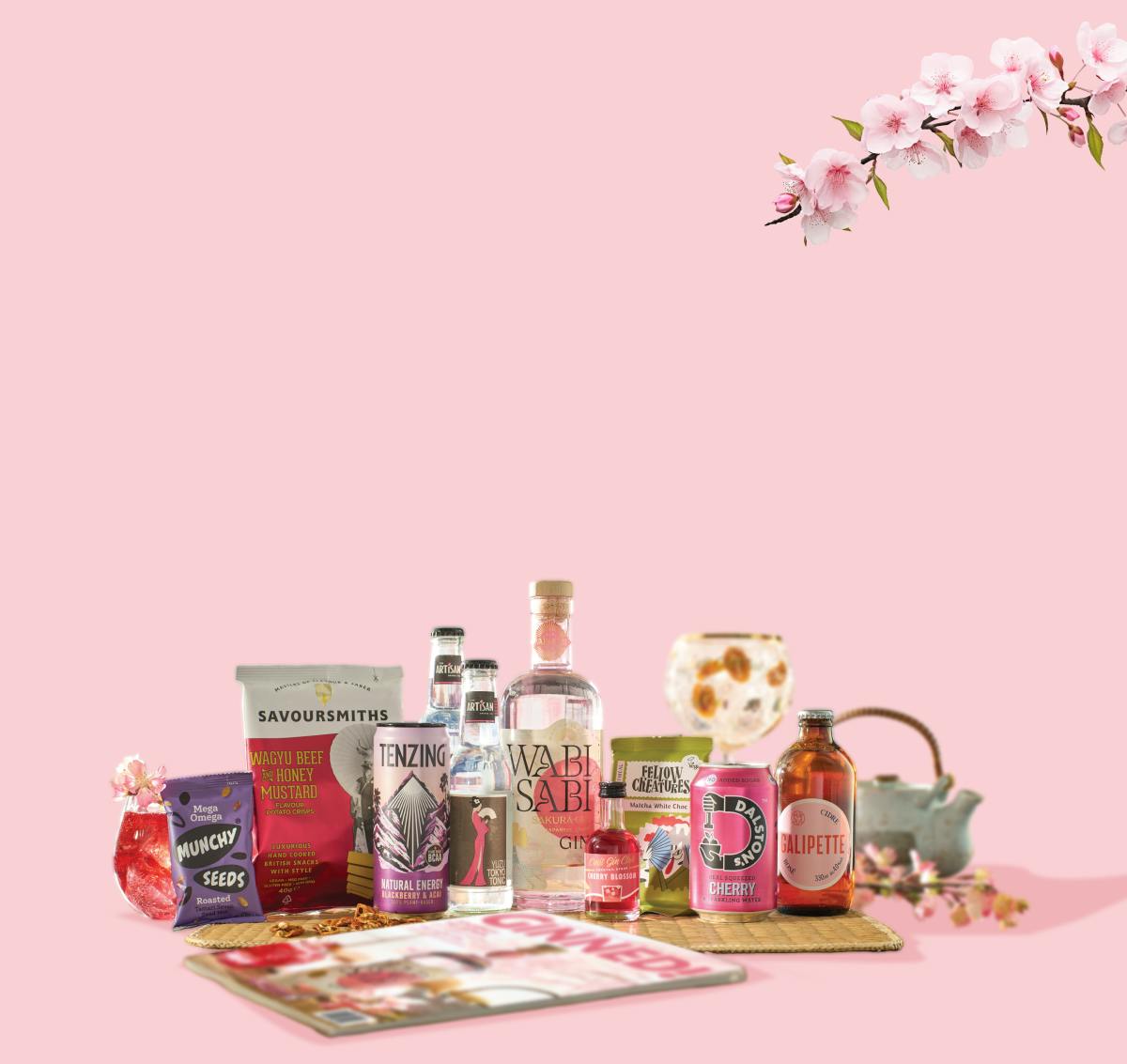Total flexibility, no commitment
A world of unique, crafted spirits
Easy, free and reliable delivery

Helping the Herd: How Elephant Gin is supporting Africa’s best-known species
Gin that makes a difference to the world’s most magnificent mammal – that was the dream Tessa and Robin shared when they started Elephant Gin. But when we say this gin saves elephants, what do we mean?
Right this moment, Mshale is holding court amongst the hills and streams of Kenya’s Tsavo National Park. At 40 years old, he’s one of the park’s most popular figures. He’s also at risk of death every day.
This year alone, there have been four attempts on Mshale’s life. One of the park’s largest male elephants, each of his tusks weighs a staggering 100 pounds. That’s £25,000 worth of ivory, making Mshale – the namesake of Craft Gin Club’s exclusive blend of Elephant Gin – a prize too big for poachers to ignore.
After four poison dart attacks, Mshale is lucky to be alive. Following the first three attacks, he was found by park rangers and taken to a nearby vet. When he was attacked for a fourth time, in April 2016, Mshale knew where he could find help. He dragged himself back to the same vet, and survived to carry on delighting the rangers and visitors at Tsavo National Park.
Because while some humans are bent on taking Mshale’s life along with his tusks, more are fighting to save him – Tessa and Robin of Elephant Gin included.
With friends like these, elephants like Mshale can breathe a little easier.
Big Love
Elephants have always been Tessa’s favourite animal. So when she finally made it to South Africa, camera in hand, they were all she wanted to photograph.
She says, “I just fell so in love with them and I realised how human they are, and how many emotions they have and how clever they are.”
During her time in Africa, Tessa came to admire two elephant charities in particular: Big Life, an anti-poaching organisation, and Space for Elephants, focused on restoring the freedom of movement elephants once enjoyed.
It’s these charities that Elephant Gin now supports, by donating 15% of their profits from bottle sales and holding special events.
Tessa explains, “We didn’t want to donate money to a big corporation, where a lot of it goes into a black hole. We have direct contact with these two foundations, and said to them: ‘We’re going to donate, and we don’t know how much it’s going to be, but we want to support you.’”
Elephant Gin has raised about €120,000 for these charities since 2013, donating to specific projects for maximum impact.
Living Large
In 2015 alone, 20,000 elephants were killed for their ivory. Illegal to trade since 1989 — a bright end to a brutal decade that saw the slaughter of 100,000 elephants every year — ivory is still in high demand as a status symbol in parts of Asia and the United States.
Driven by economic desperation or anger – human settlements are expanding, bringing farmers and elephants into increasing conflict – it can be difficult for those living amongst elephants to resist this very lucrative form of violence.
That’s where Big Life comes in. Based in east Africa’s Amboseli-Tsavo ecosystem, where Mshale lives, Big Life supports 260 rangers across 2 million acres of wilderness. It’s the first organisation in East Africa with anti-poaching teams on both sides of the Kenya-Tanzania border.
Rangers protect the park’s elephants, but they also find innovative ways to make conservation projects as helpful for humans as they are for the elephants. By employing local people directly or teaching them about the economic opportunities of ecotourism, Big Life raises everyone’s standard of living.
As Tessa says: “At Big Life, we support rangers at one outpost where they try and fight poachers on the ground and they communicate with the locals.”
Land of the Free
For centuries, elephants roamed Africa freely. Then fences went up, and everything changed.
As Digs Pascoe, CEO of Space for Elephants, explains: “Although the scale of poaching makes fencing seem good for elephants, allowing us to monitor their security, space is their only chance for survival.”
Roaming makes elephants healthier and strengthens the gene pool; for these reasons it’s a hardwired desire of our elephant friends. Digs first noticed it 1998, when he watched elephants trying continually to move beyond the boundaries of their reserve. “This taught us to learn to listen to nature,” he says.
Space for Elephants calls on the ancient African philosophy of Ubuntu – ‘I am what you are’, the fundamental human characteristic of compassion – to create an interlinked network of protected areas from South Africa to Angola, preserving the elephant’s natural migratory patterns and keeping them safe at the same time. It’s all done with the consent and cooperation of myriad communities along the way. Elephant Gin supports a number of Space for Elephants initiatives, from local education to training ex-poachers to become rangers.
The charity has also built a working group within the South African Government, which regularly publishes a book of norms and standards, by which all elephant owners must abide.
Digs says: “We’ve also been able to influence civil society to care for elephants. The elephant embodies Ubuntu, which can influence masses of Africans to protect and care for a creature that can be an income for so many without killing it. The elephant is worth more to Africa alive than dead!”
For Tessa’s part, she is often asked why elephants take top priority for her. “We want to focus on one thing at a time,” she says. “While we can’t help everyone right at this second, we want to see our gin making a difference to these foundations and to the elephants that they protect. And we can see that.”







